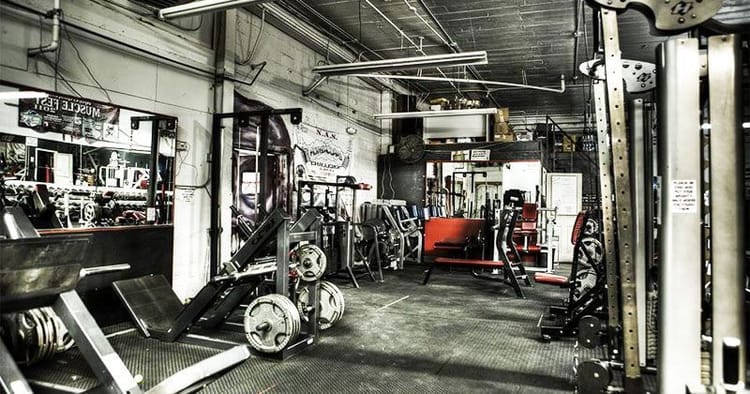Transaction or Transformation?

I don’t like to admit it, but I will so you don’t have to: sometimes my spiritual life feels transactional. There are times when I forget who God is—and who I am—and in that forgetting, my relationship with the Father becomes one more task, one more thing to do and maintain.
If you’ve been married for any length of time, comparing your relationship to that of roommates is one of the biggest red flags either spouse can raise, and doing so is grounds for an immediate time-out to listen, assess, and take actionable steps to reconnect.
God has never told me that our relationship has entered the dreaded Roommate Zone, and by the time I realize it’s happened, I also realize it’s not new; somewhere along the way, I stopped transforming and traded metanoia for something mechanical.
As Catholics, we can get caught up in the “economy” of the spiritual life. Going to confession can feel like trading a dose of private and public shame for absolution. Receiving the Eucharist can become “the thing we do on Sundays because we’re Catholic.” Genuflecting happens automatically as we shuffle kids into the pew in the nick of time. We finish a decade of the Rosary only to realize our minds have drifted.
None of that makes us bad people or bad Christians; it makes us human. Even the saints were not “on” all the time. One only needs to read about the life of Mother Teresa or the writings on the Dark Night by John of the Cross to understand that the interior life waxes and wanes. Yet it’s important to assess the state of our devotion and intention—especially when we find ourselves in desolation or a spiritual rut and “just aren’t feeling it.”
I find that a major indicator of the health of our spiritual life is revealed in the means we measure it. There are many measuring sticks—our growth in virtue, our battle against personal sin, our prayer life, how we treat others, and on and on. While it’s good and necessary to gauge our progress on the narrow way, those measures remain facets of the journey. The destination is Love.
Transformation in Christ produces and increases Love, and that Love is the engine that drives the outward change St. Paul writes about so often. Being transformed by Christ’s love is what separates Christianity from a merely moral system, and we must be careful that our spiritual lives don’t regress into self-improvement projects. Anyone can grit their teeth and be better. Yet if the source of those changes is anything other than an increase of Christ’s love in us, we are not practicing Christianity.
The heart of Christian spirituality is drawing nearer to Christ’s heart. The Incarnation did not happen so you and I could simply become better people, or sin less, or even make the world slightly better. The very core of God’s condescension through the entirety of Scripture—the impetus for Christ’s kenosis—is “to make our hearts like unto thine.”
And so when we take stock of our interior lives, when we set our spirit on the scale, the only weight and measure that matters is this:
Do I love Christ more today than I did yesterday?
If the answer is yes by even the tiniest margin, then you are being, and will continue to be, transformed in Christ.
If you’ve ever wondered what happens when faith walks into the dark and refuses to turn back, step into The Fr. Gabriel Chronicles.
A priest. A mystery. A world where the sacred and the profane meet—and grace is the only light strong enough to survive the night.
👉 Read The Fr. Gabriel Chronicles: Part I https://costly-things.ghost.io/the-fr-gabriel-chronicles-part-i/



Member discussion